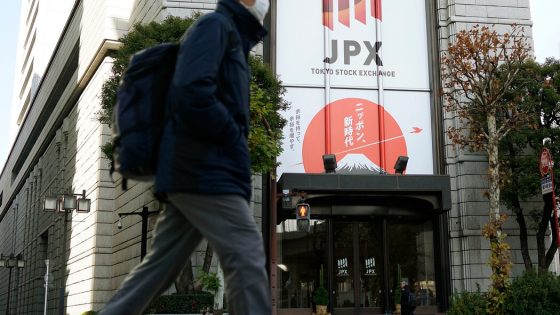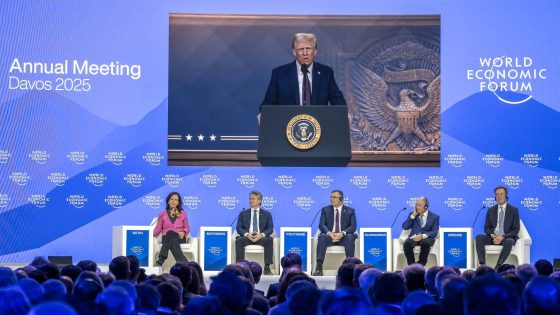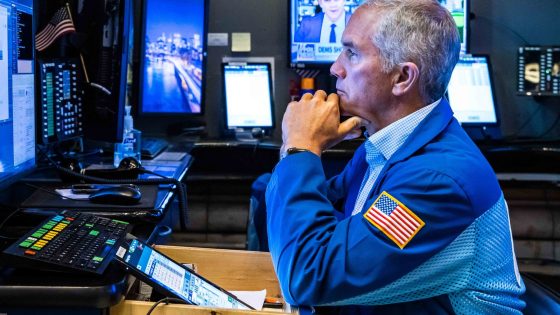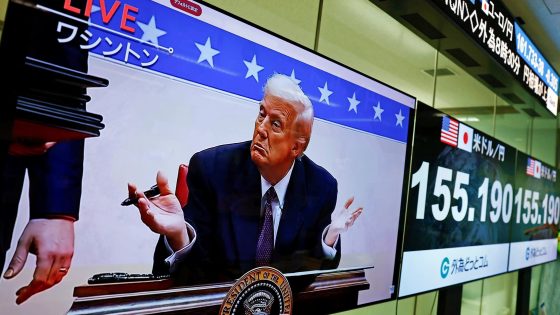Global markets faced significant volatility on February 3, 2025, as investors reacted to President Trump’s announcement of tariffs on goods from Mexico, Canada, and China. The tariffs include a 25 percent levy on most Canadian and Mexican goods, with a 10 percent tax on Chinese imports, raising concerns about potential trade wars and economic repercussions.
- Global markets brace for volatile trading
- Japanese and South Korean markets drop significantly
- U.S. tariffs impact auto manufacturers heavily
- Canada and Mexico plan retaliatory tariffs
- China to challenge tariffs at WTO
- Inflation concerns rise amid trade uncertainty
Following President Trump’s tariff announcement, markets around the globe experienced a downturn. In Asia, Japan and South Korea saw initial declines of more than 2 percent. The U.S. dollar strengthened, leading to a decline in the peso and Canadian dollar. Japanese auto manufacturers, heavily invested in North American supply chains, faced some of the largest share-price drops, with Toyota Motor falling nearly 5 percent and Honda and Nissan dropping over 7 percent.
Trump’s tariffs include a 25 percent tax on goods from Canada and Mexico, excluding Canadian energy products, which will be taxed at 10 percent. Additionally, a 10 percent tariff was imposed on Chinese goods. These measures have raised alarms among investors and economists, who fear a potential full-scale trade war that could reignite inflationary pressures in the U.S. economy.
In response to the tariffs, leaders from Canada and Mexico indicated they would impose retaliatory tariffs on U.S. goods. China’s Ministry of Commerce expressed intentions to challenge the tariffs at the World Trade Organization, although markets in China were closed for the Lunar New Year holiday. The uncertainty surrounding trade policies is expected to increase financial market volatility and strain the private sector.
The potential for an escalating trade conflict has heightened concerns about inflation. Gregory Daco, chief economist for EY-Parthenon, noted that rising trade policy uncertainty would likely exacerbate market volatility. Investors are closely monitoring developments as companies assess the impact of these tariffs on their operations and supply chains.
The announcement of tariffs by President Trump on February 3, 2025, has triggered a wave of market reactions globally. As countries consider their responses, the implications for trade and economic stability remain uncertain, with investors and economists watching closely for further developments.

































